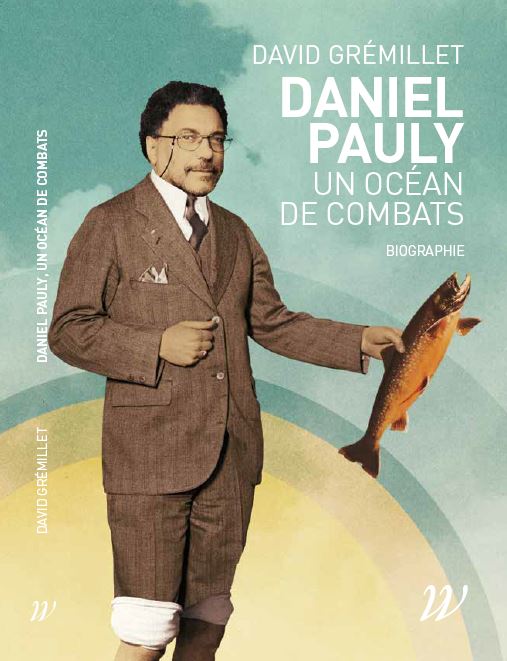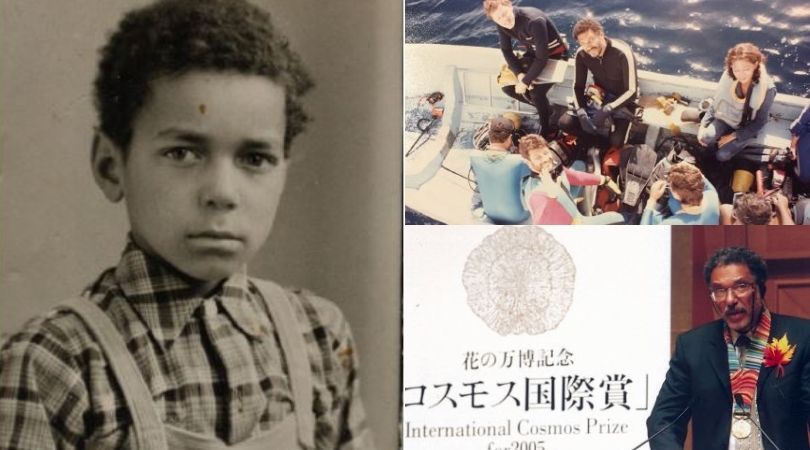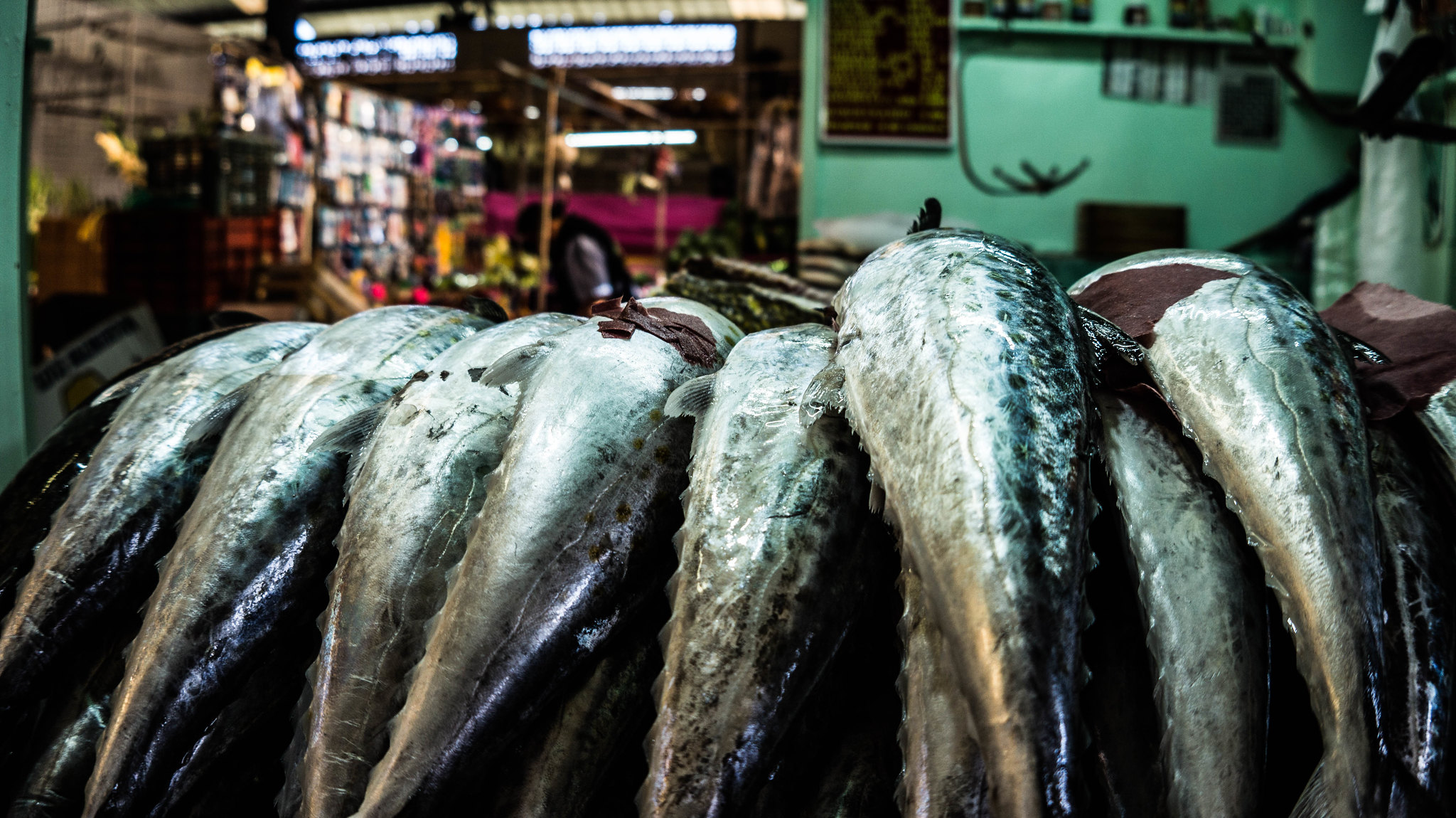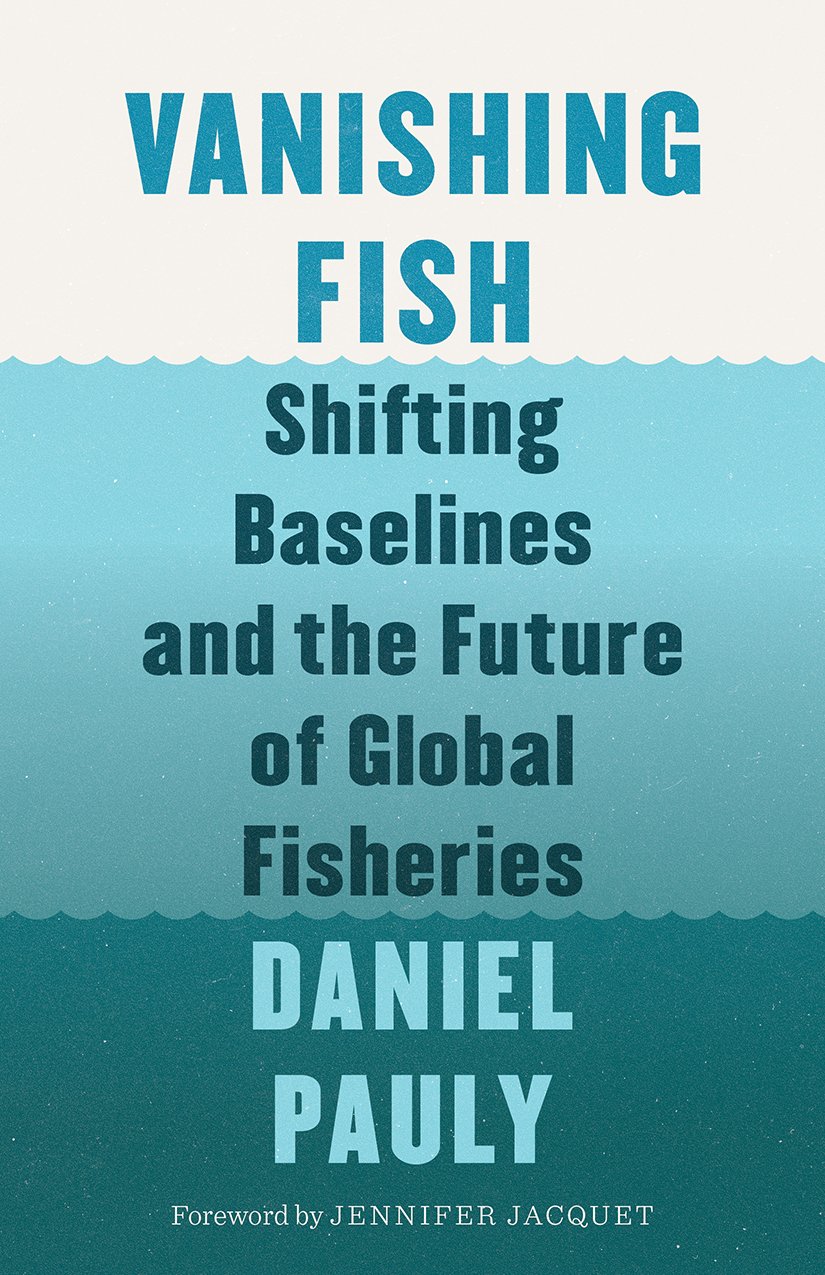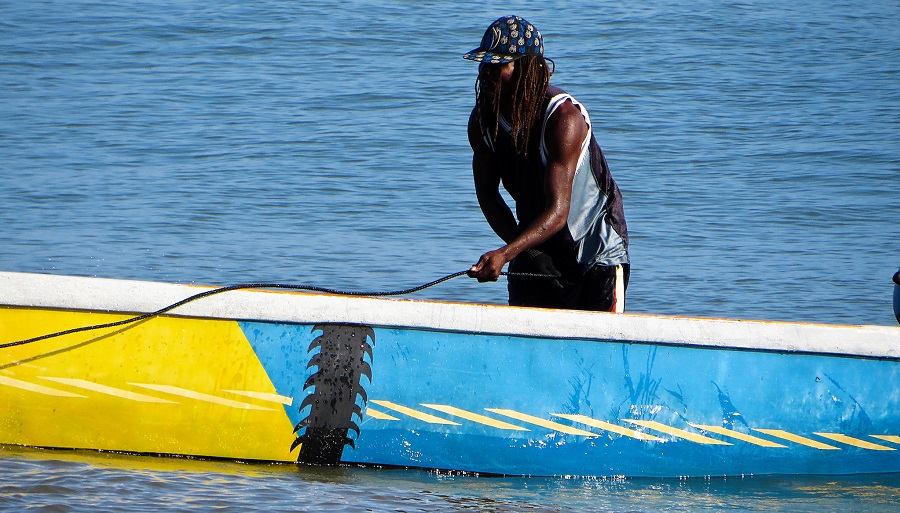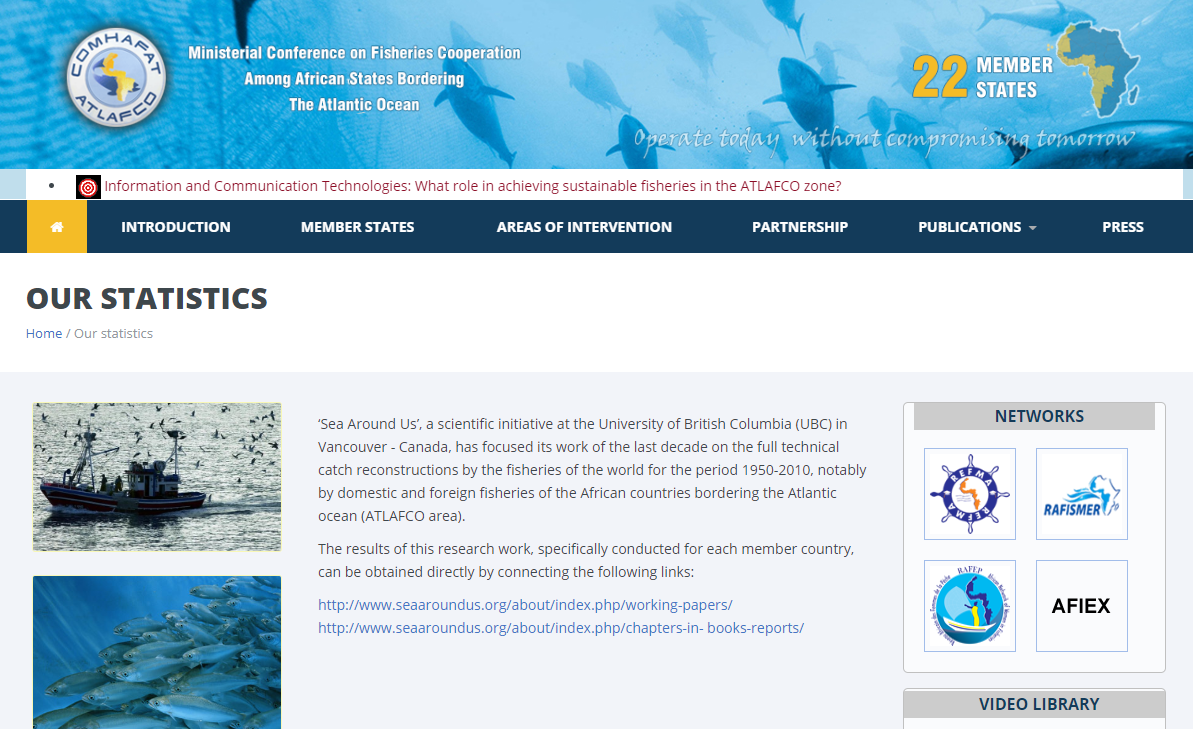
Since its inception in 1999, the Sea Around Us has strived to make its data and methods available to everyone, especially to developing countries. This is to foster access to and use of reconstructed fisheries catch statistics and -when possible- so that they start carrying out reconstructions themselves.
Tag: catch reconstructions
Daniel Pauly’s biography hits the bookstores
Un Océan de Combats is the title of the book that recounts the life of the Sea Around Us Principal Investigator, Dr. Daniel Pauly.
The text, brilliantly written by oceanographer David Grémillet over the course of two years and after doing dozens of interviews over four continents, presents the extraordinary life story of a child born just after the Second World War to a working-class Frenchwoman and an African American GI– Daniel Pauly’s trajectory defies every expectation.
Un Océan de Combats brings to the forefront a scientist’s life-long struggle over the course of his extraordinary career to determine the magnitude and significance of overfishing.
The first accessible account of overfishing as a global issue, both for society and for the planet, this book draws the inevitable connection between the environmental crisis and the political and social inequality between the global North and the global South.
“An iconoclastic fisheries scientist who is so decidedly global in his life and outlook that he is nearly a man without a country.” THE NEW YORK TIMES
“Never afraid to ruffle feathers, Pauly is outspoken about ocean conservation and willing to point fingers at the huge multinational companies that control much of the world’s fishing industry.” NATURE
“Pauly’s insights into global fisheries provide an understanding of the root causes of our unsustainable ocean fishery and are an essential guide to sustain this vital resource.” DAVID SUZUKI
World Oceans Day: Paying attention to marine fisheries
Initially proposed by Canada at the Earth Summit in Rio de Janeiro in 1992 and officially recognized by the United Nations in 2008, this day celebrates the ocean and its importance for all living creatures.
World Oceans Day provides also an opportunity for researchers, policymakers, and environmentalists to highlight the most urgent issues affecting the planet’s largest waterbody.
Since this June the Sea Around Us is celebrating not only World Oceans Day but also its 20th Anniversary, it seemed appropriate to reflect on the importance of paying attention to marine fisheries.
Vanishing Fish, Daniel Pauly’s new book is out
The world’s fisheries are in crisis. Their catches are declining, and the stocks of key species, such as cod and bluefin tuna, are but a small fraction of their previous abundance, while others have been overfished almost to extinction. The oceans are depleted and the commercial fishing industry increasingly depends on subsidies to remain afloat.
Artisanal fisheries’ value hidden in Honduras’ statistics
Artisanal fisheries catches taken from Honduras’ Exclusive Economic Zone have contributed far more than previously thought both to the economic growth and the food security of this Central American country, new research has found.



